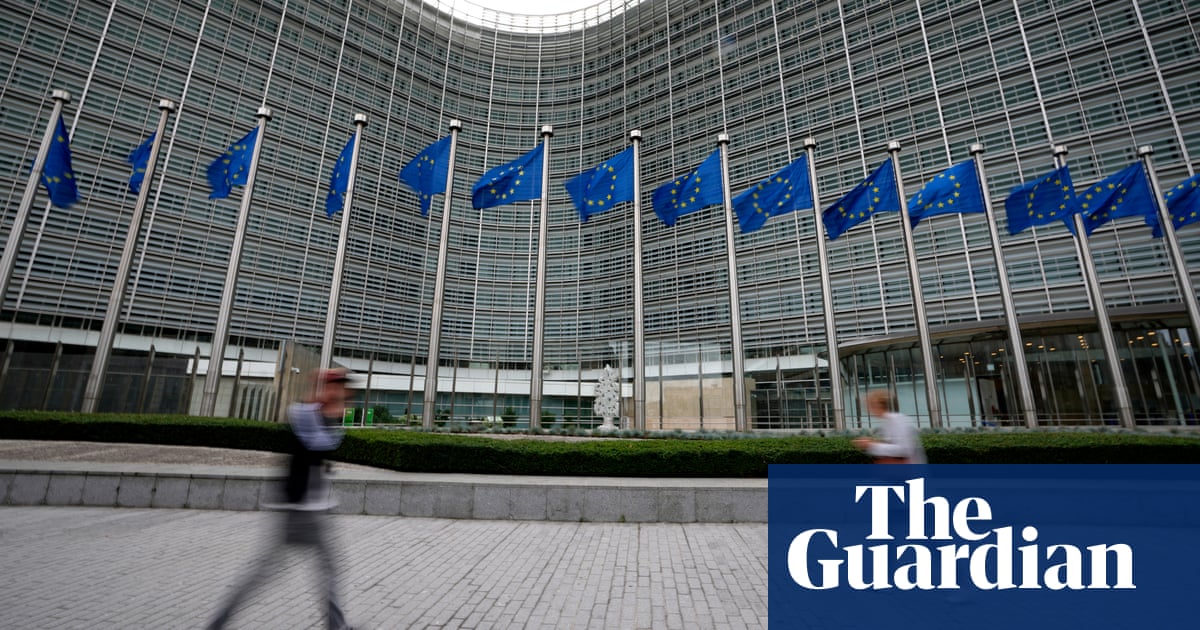
Adults in Germany will be able to grow and consume recreational cannabis privately or through non-profit members’ clubs by the end of the year, the country’s health minister announced on Wednesday, scaling back previous plans to make the drug distributable in shops or pharmacies nationwide.
“The previous cannabis policy has failed,” said the health minister, Karl Lauterbach, as he presented the German government’s new two-phase approach to legalising cannabis at a press conference in Berlin. “Now we have to go new ways.”
Following a model pioneered in Spain, the initial phase foresees the establishment of “cannabis social clubs”, which are each limited to 500 members and are exclusive to those living in Germany.
Members aged 21 or above will be able legally to obtain up to 25g of cannabis in a day from these clubs, up to 50g a month. For those aged 18-21, the monthly allowance is limited to 30g. Consuming the herb on the clubs’ premises will be forbidden.
Under the German government’s proposals, it would also no longer be illegal for adults to cultivate recreational cannabis in their own home, with the home-growing of up to three female flowering plants allowed.
A second phase, limited to five years, will allow a number of cities and municipalities across Germany to license “specialist shops” to sell recreational cannabis as part of a pilot programme similar to those in some US states and Canada.
Lauterbach said the second phase would be tackled after the summer recess but did not specify a start date or name cities that would take part in the scheme.
The agriculture minister, Cem Özdemir of the Green party, said the second phase of the legalisation scheme was designed to sound out supply chains that could later be scaled up for a wider legalisation of cannabis across Germany.
“The people who won’t be happy about today’s news, that’s the illegal ones, the criminal dealers,” Özdemir said. “In the future, no one should buy from a dealer without knowing what they are getting”.
Wednesday’s announcement represents a considerable watering-down of the ambitious plans for a nationwide legalisation Germany presented in a cornerstone paper last October, which Lauterbach had hailed as “a model for Europe”.
After that announcement, the health minister submitted an outline of his plans to the European Commission to seek an opinion, fearful of a repeat of Germany’s autobahn toll debacle. Angela Merkel’s fourth term as chancellor saw a humiliating U-turn on plans to introduce a German road toll that would disproportionately affect foreign-registered cars, after it was ruled in violation of anti-discrimination law by the European court of justice.
While the European Commission has not outright criticised Germany’s original plans for legalising cannabis, the Guardian understands its feedback was critical enough to force Lauterbach’s department into a rethink, resulting in today’s more cautious two-phase approach.
A Council of the European Union framework decision from 2004 requires member states to ensure that the sale of drugs, including cannabis, is “punishable by effective, proportionate and dissuasive criminal penalties”.
The Schengen agreement also obliges signees to curtail the illegal export, sale and supply of “narcotic drugs and psychotropic substances, including cannabis”. However, EU law allows member states to come up with their own regulations as long as the drug is made available strictly for personal consumption.
As in many other European countries, the use of cannabis in certain medical contexts has been legal since 2017.












